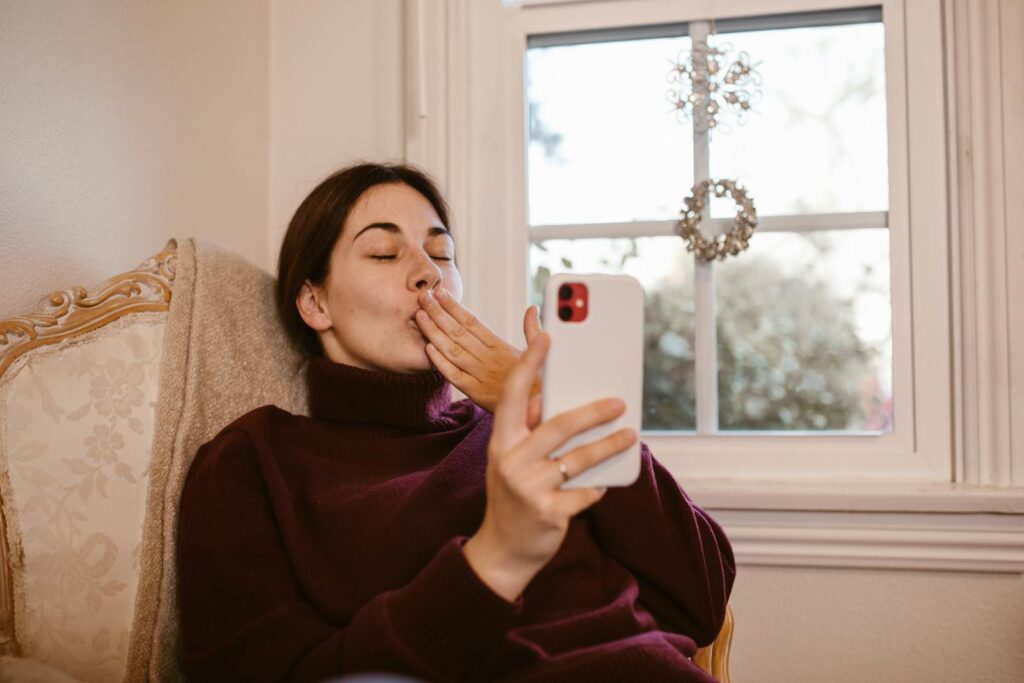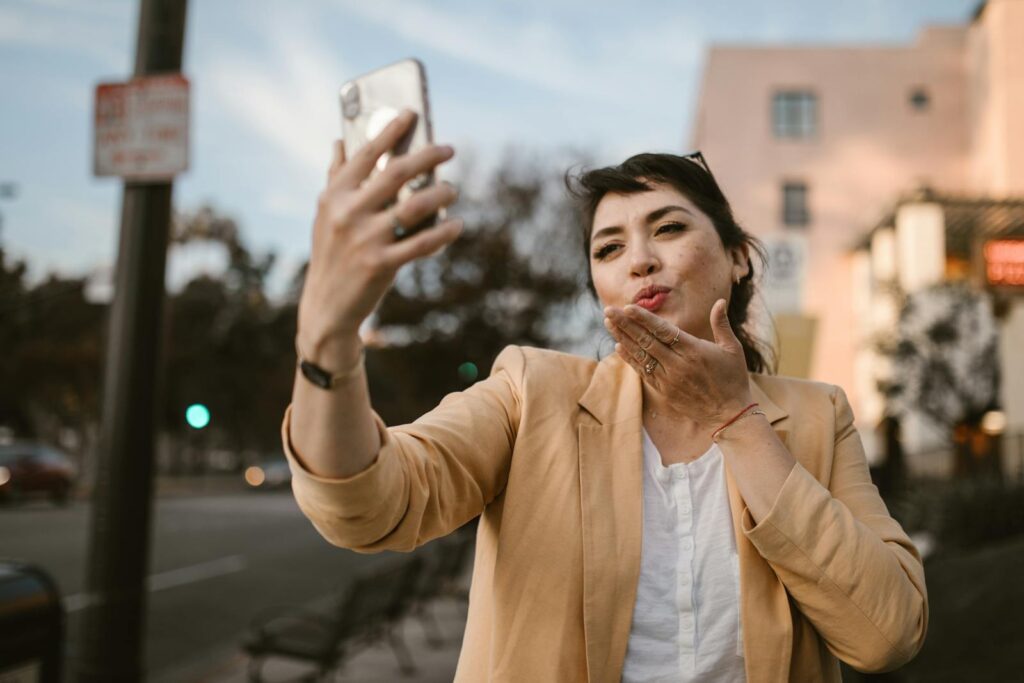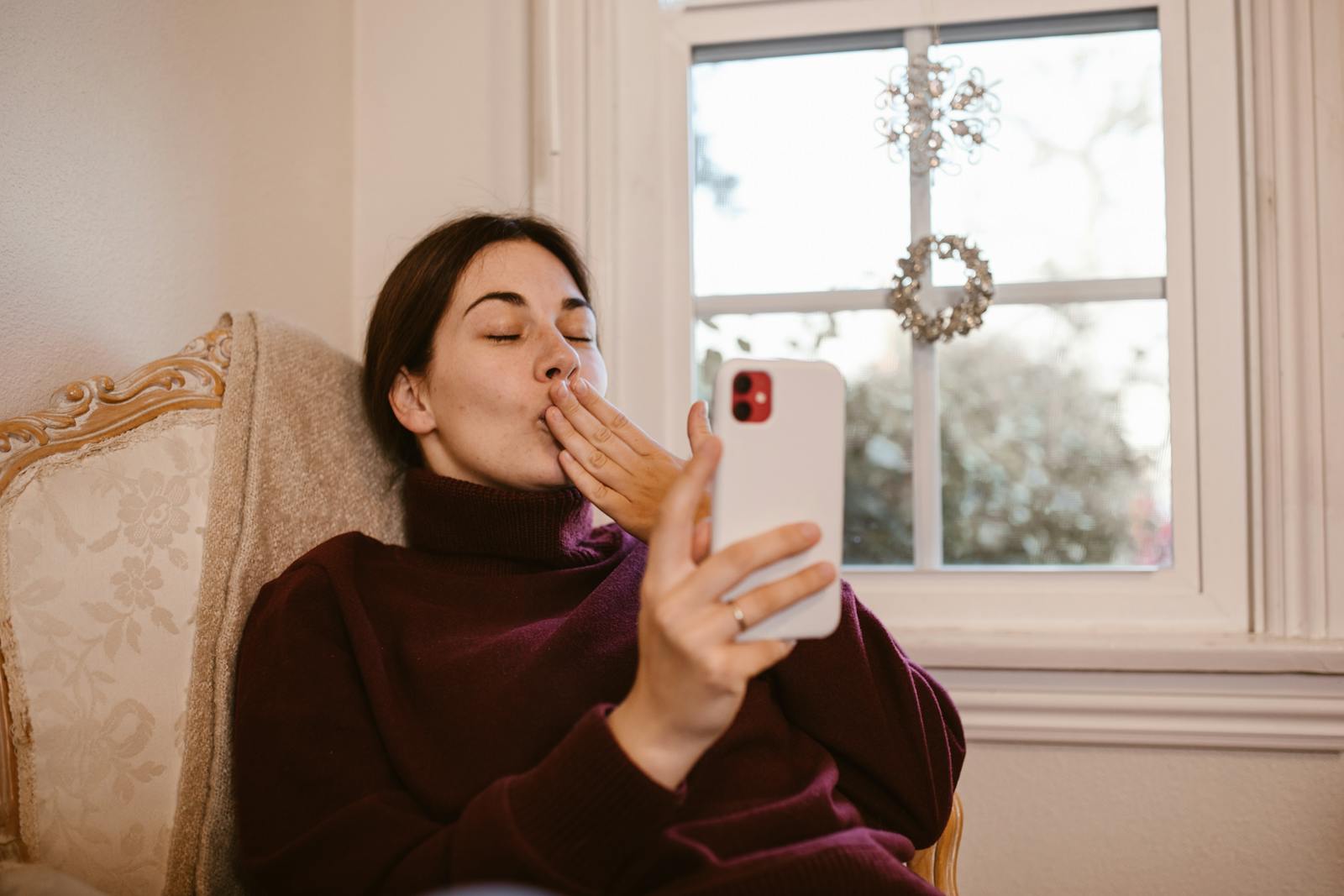In the modern age, Couples therapy for long distance relationships has become easier with major technological advancements. A major portion of the world’s population struggles in building a solid relationship with their partners while being in different geographical locations. As this issue becomes more prevalent, so does long-distance relationship therapy focusing on various aspects that will help couples maintain their love and care for one another. If you have been or are in a long-distance relationship or plan to go in one, this guide will help you strengthen your love even during the tough times.

Knowing the Problems Which Arise While in a Long-Distance Relationship
Being distant from your partner means you have a set of responsibilities and issues that must be dealt with on a daily basis irrespective of how committed you are. In long-distance relationships, daily interactions are easily the biggest missing experience and thus some can be difficult to deal with. Some of the more common issues include the following:
Lack of Daily Affection:
In order to feel close to one another, contact and tenderness are essential. The absence is bound to leave many people feeling lonely and pushed away.
Poor Communication: When most conversations take place through screens, the likelihood of conflict and confusion can dramatically increase.
Trust Issues: When a person does not meet someone physically for a long time, trusting them and getting feelings of insecurities become inevitable.
Being able to make time and speak to each other often is not always straightforward, and as a result, managing work, life and the relationship becomes an uphill battle.
Would this scenario sound familiar to most couples with issues involving physical and emotional distance? Would it mean establishing couples therapy for long distance relationships for the start?
What gets Therapeutic intervention with regards to couples therapy for long distance relationships?
It is worth mentioning that this idea sounds promising, as LDR focused couples organizations that provide therapeutic services will help fellow partners iron out issues specific to them. Therapists that work with topics of LDRs help their clients solve how to speak and hear effectively, once partner’s emotions whom when sent all at once is too much to handle, and provides a framework for what LDR should realistically be looking like. The advantages of undergoing couples therapy for LDRs are:
Broadened Communication Tools:
LDR couples acquire tools which allow them to inform each other properly with an intention of getting understood making their relationship stronger and resilient
Risk of argument:
Psychologist gives their client tool sets that allows them to engage in considerate resolution of even long distance disagreement,
Building Trust:
therapy allows clients to learn how to trust each issue in a relationship start by seeing both partners within the lens of insecurities and needs of each individual and knowing where limits lay.
Goal setting:
Working on shared concepts from day-to-day goals to year long goals ensures the partners are putting in the needed work in the relationship whether it’s passive or direct.
As a result, I feel that the ability of dealing with LDR students’ concerns on a more reliable basis puts them in a better emotional, psychological state as partners.
Your Guide on How to Maintain a Connection Despite the Distance.

1. Make Sure to Talk and Keep Each Other Updated
Communication is essential in an LDR. Other relationships can be grown and started off without much communication but in an LDR, the mode of communication relies heavily on the digital world nowadays or may be with the help of written letters. So let’s understand how we can optimally communicate:
Establish “Go-Making” Days: Set aside some time manually to communicate with your partner on specific dates. Scheduling specific days helps reduce anxiety and helps in fostering a sense of reliability and hope.
Be Informed on Relevant Topics: Talking about generic things and not having a specific topic makes it harder for a relationship to grow into something significant. Therefore, discuss new and different topics about your goals, future, core values and much more to grow closer.
Pay Close Attention: Have eyes and ears open whenever your partner talks to ensure you are actively listening. This is an important step as helping your partner feel heard strengthens one’s empathy and creates bonds in the relationship.
2. Keep Communication Guidelines Intact
In an LDR Communication is key, however, communication is effective only if there is a foundation set in terms of boundaries and expectations. Couples therapist recommend agreements to be established early on in a relation to make clear expectations and concerning any changes that a partner may want to incorporate:
Explain the Goals of the Future Discussion: Always outline and weight the significance of communication, explaining how often do you think you will communicate and which means will you use to communicate.
Describe the Integrative Plans: Have agreement on future activities which helps make the time apart feel more like only a short waiting period while also enhancing a feeling of mutual understanding with your partner.
Set rules: Setting limits on personal time, space, and other relationships will help both partners feel secure.
3. Build Trust and Openness
In most long-distance relationships, the lack of trust can be one of the major setbacks as distance is a barrier. For trust to develop there should be openness, honesty, and complete transparency from both the partners’ side regarding their engagement and any action:
Tell Each Other About Your Daily Lives: Hopefully, narrating the events which took place during the day will lessen the gap between the two of you.
Express Your Feelings: Communication, especially of emotions, is important even if it means putting on a brave face.
Control Insecurities: Therapists are able to work with couples to shift their perspectives on insecurities in a more positive way.
4. Make Technology your Usual Ally
Technology supports developing creativity in long-distance relationships since at times it can be difficult to keep the physical presence strong:
Video Call For Greater Interaction: Conversations made over the video call seem more authentic as both parties are able to see and speak to one another.
Share Activities via Video Call: Seeing movies together, playing games online, and going for a virtual date- the sights and the activities will always keep the spark alive.
Communicate Efficiently: Make use of couple communication apps which support share of photos, videos, and voice notes among other things.
5. Focus on Self-Development and Hobbies
Improvement towards self-development is as important as development of the relationship. Satisfied and happy people generally lead happier relationships, which is why couples who have progressed both together and separately are able to sustain happier relationships:
Engage in Their Own Hobbies:
Doing different activities will contribute positively to the interaction and will help you experience maximum satisfaction in your self.
Encourage Each Other’s Growth:
Supporting each member in the achievement of personal objectives strengthens the relationship.
Reflect on Your Growth:
Set up discussions on how each of you has improved in some areas, and appreciate each of them.
Plan Visits and Future Milestones:
Schedule Regular Visits:
A sense of excitement and warmth can be achieved by planning trips to visit one another.
Create Milestones:
Setting benchmarks for relationships like anniversaries, fosters a ‘goal – oriented’ focus, and dynamism in the relationship.
Discuss Living Arrangements:
A positive aspect of open discussions about the future is the fact that they make the distance appear more bearable.
How Couples Therapy Sessions for LDRs Typically Work:
The therapy sessions for long-distance couples are primly done through online video conferencing as physical interaction may not be easy.
Online Sessions:
Online Sessions allow for free movement for both parties who would be in different time zones.
Focus on Communication Skills:
Sessions promote resolving conflicts, listening actively and assertively talking.
Therapist-Guided Goal Setting: The setting of targets here is guided by therapists. Couples will be assisted to set appropriate goals that are aimed at making their relationship successful in the future.
Would Couple’s Counseling Be Any Help In Your Long-Distance Relationship?

Selecting couple therapy for a long distance relationship is a progressive measure towards ensuring that such relationships grow stronger. More signs that couples therapy is worthwhile Psychologists revolve about these areas:
Lack of clarity which could result in constant disagreement:
Tools and techniques that can ease this gap will be offered in therapy.
Having a hard time believing in your partner:
There are therapists who specialize in jealousy and insecurity issues.
Differing relationship ambitions:
Therapy allows both partners to sit together in a counselor’s office without an argument to understand the differences in their goals for the relation.
Wanting a deeper emotional connection:
Therapy can assist couples in preserving their emotional attachment to each other while also ensuring that both partners feel valued.
Most couples are of the viewpoint that therapy was instrumental in strengthening their bonds and making them deliberate in their actions/moves and this helped them cope against the distance.
Final Thoughts : Closing the Gap
Even if a romantic relationship is physically long-distance, that still shouldn’t discourage two lovers from being able to nurture and grow their love over time. A lot of couples therapy would help sustain and tend to the relationship in long distance closing one gap after the other. Foundations which have been established by trust and mutual targets are the sources of the reinforcement therapy that makes couples become one irrespective of separation gap. Move of progression along with connection can be very liberating, especially after the hard times, it brings a comforting sight where love and care can conquer time and space.
FAQ’S
1. Does long distance therapy couples work?
The fundamental requirement in any relationship is to communicate effectively, and couples therapy also provides methods to accustom this relationship. Therapists suggest ways for trust-building, resolving conflicts, and improving communication which fits to the couple that are on physical separation. Some sessions can take place via the web which makes the therapy regardless of the location especially useful for long distance couples.
2. How long should distance couples take in between therapy?
Most couples would suggest at least once a week or once in two weeks although it’s different for every couple. Regular engagement with the therapist enables the couple to receive both emotional and mental support in addition to learning and applying different skills over a period of time.
3. For a long distance relationship, when would be a good time to seek couples therapy?
For many couples, the habit of avoiding a difficult conversation leads them down a harsh path so if during such a conversation a partner often questions their trust, the couple moves further away from each other, often can’t agree on their priorities or feels emotionally drained, then relationship counseling is the answer. Relationship therapy will help address such conversations in a more practical manner and restore relationship health.
4. How can we communicate to build trust in a long distance relationship?
If both partners feel respected in terms of their feelings and opinions, have had an open and honest discussion regarding boundaries that both partners agree upon, actively share daily life with each other along with consistent and effective communication, these are some of the things that can help to create trust. It is quite certain that simple strategies will be forthcoming in a therapy session.
5. What can be anticipated in the course of the online couples therapy session?
In online couples therapy, it’s all about communication exercises, resolving conflict, and work on selected issues with the help of a therapist. Such sessions are often considered to be equally as beneficial as in-person sessions especially because there are issues surrounding the platform and privacy.
6. Out of the relationship how can we keep the intimacy in the relationship?
To keep the intimacy intact, one should focus on having interactions that are quality based, doing something together such as watching a movie through an online platform, and visiting each other whenever such opportunities arise. If the couples are separated by distance, sending messages, or talking about issues that concern emotions can also help.
7. Can we have couples therapy in different time zones?
Many therapists are now offering varying time schedules due to the time zone differences. Couples living in different time zones can seek therapy resources from online platforms centered on long-distance relationships including therapists as well.
8. What are some good communication skills for long-distance couples?
Good communication skills encompass listening actively, expressing through ‘I’ statements, making regular communication about non-essentials, and having more informative diverging conversations. When a couple is in an LDR, these techniques are best learned through therapy as they help improve the quality of communication.
9. Can couples therapy assist us in looking ahead while we’re in a long-distance relationship?
Of course. Therapists can assist couples in envisioning their lives together in the future, deciding where to live, what careers to pursue, and when to take major steps in their relationships. It is important that both partners are well informed of the plans, and therapy establishes that.
10. How much are online couples therapy fees on average?
When it comes to online therapy for couples, the therapist’s qualifications, city, and time of the session hold the most weight regarding pricing, with the average being between $60 and $200 per session. There are therapists who have earmarked funds for the unemployed who cannot afford to make more than one or two sessions, and do package deals for regular clients, thereby covering more couples.
11. How do we solve problems in the long distance relationship?
Solving problems in a LDR does require communication skills such as listening or speaking gently, empathy, agreeing to disagree, and addressing the issue in a timely fashion instead of allowing it to drag on. Therapy has several tools that address problem resolution geared towards long distance, which provide relief during stormy times.
12. What are the different ways of maintaining the emotional bond with your loved one in long distance relationships?
To preserve emotional nearness, the one likes staying in touch at odd hours and gives lots of details about what is recommended there, attempts to take her phone out and goes to sit on the couch, makes video calls, and most importantly, gives flowers. Therapy can suggest further methods that will make it easier to bridge the emotional distance.

